This post is about coping strategies for depression.
This post may contain affiliate links, which means I’ll receive a commission if you purchase through my link at no extra cost. Please read the full disclosure here.
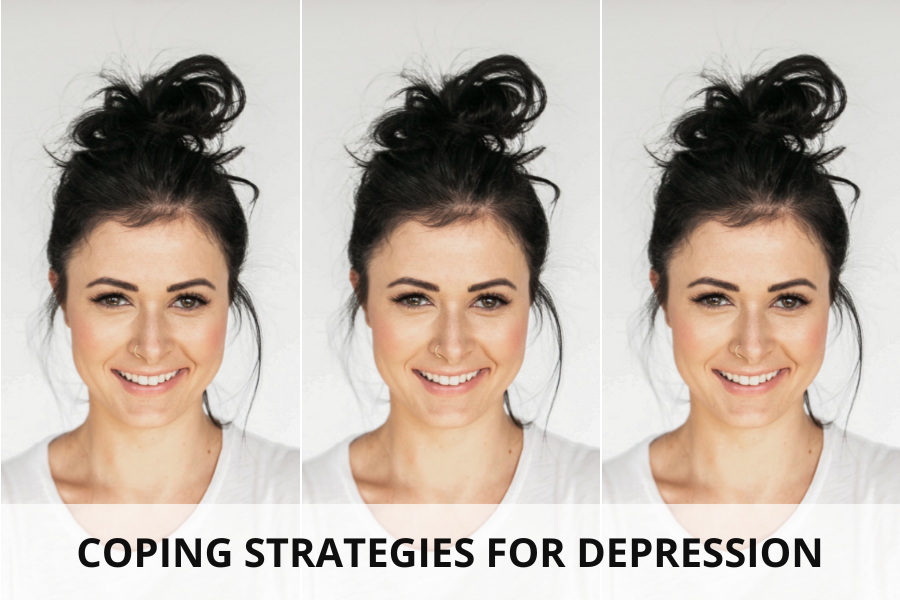
Living with depression is really hard. Sometimes, you feel alone and as if no one understands what you are going through. You may not reach out for help because you believe no one can help you.
I am here today, however, to tell you that effective coping strategies can help you regain control and find hope. When I had depression and was at the end of my rope, I found a mental health professional who gave me these top coping strategies that pulled me out of the black hole and gave me life again.
In this blog post, discover practical techniques to manage depression, overcome challenges, and improve your well-being. Implement these strategies and seek support to take positive steps towards your better future.
Coping Strategies For Depression
1. Establish a Supportive Network

Depression can make you feel alone. You might not have the energy or interest to connect with others or take care of yourself. But it’s important to have people who support you. They could be your work friends, neighbours, family, or close friends you hang out with.
Tell these people about your depression. They can be more supportive than you think. They might have ideas and ways to help you because they see things differently than you do when you’re feeling down.
Friends know what you like to do for fun, what TV shows you enjoy, and what snacks you love. They can do these things with you or suggest them when you’re feeling sad.
It feels great when someone knows you so well that they can be there for you without you even saying a word. Having people who support you is really important.
2. Engage in Physical Activity
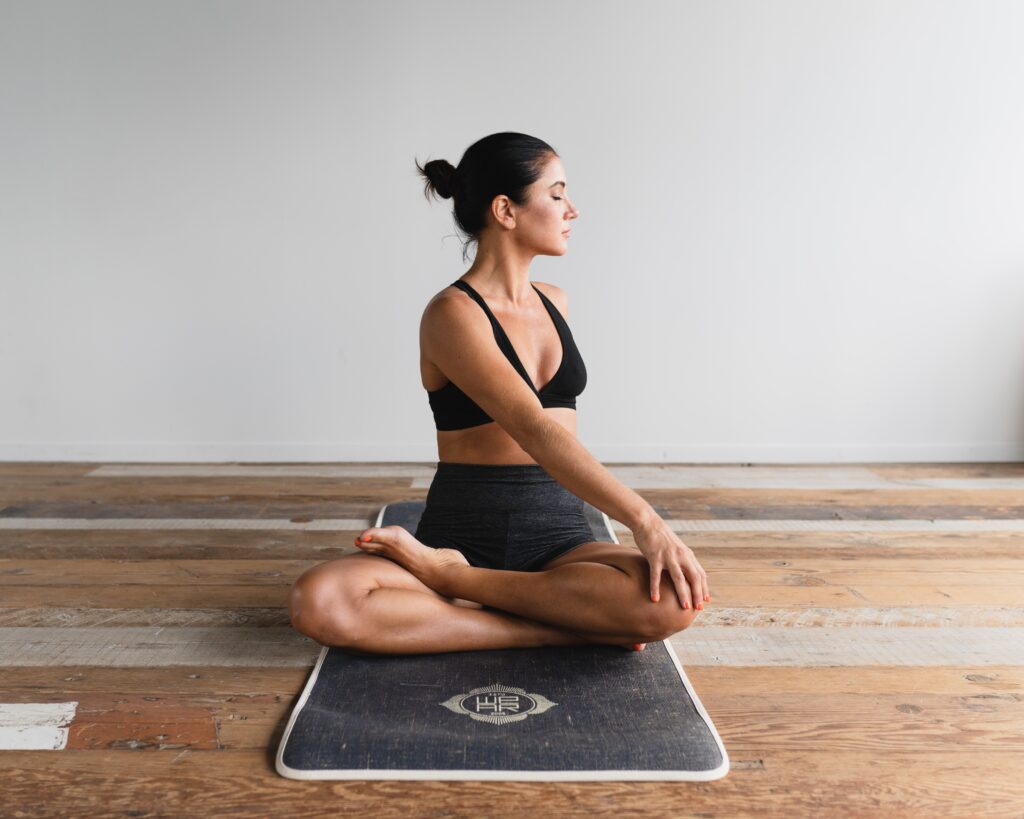
- Regular exercise benefits your mental health, even a short walk around the block. When you exercise, your body releases endorphins, which can help make your depression symptoms feel better.
- It’s essential to find activities that you like doing. If you don’t enjoy running, don’t do it. Instead, if you love to dance, try finding a dance class to join.
- Avoid starting a new exercise routine that you hate just to lose weight. Choose physical activities that you will look forward to doing. Try 30 minutes of exercise every day.
Remember, the goal is to prioritise your well-being and find physical activities that bring you joy during your journey of coping with depression.
This is not the time to start a new exercise because you think it is best to loose calories or its what all our friends are doing. Right now, it’s all about taking care of yourself and finding ways to cope with depression. So, choose physical activities that you will enjoy. You will then love exercising more.
3. Practice Relaxation Techniques
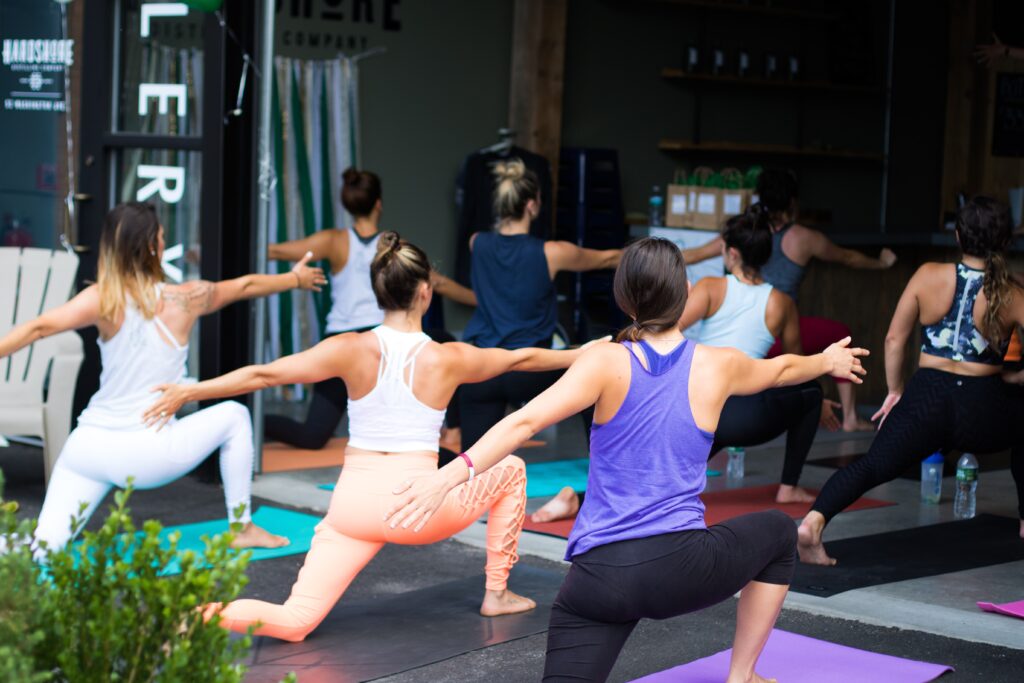
Deep breathing, yoga, or getting a massage can help calm your mind and reduce stress. This in turn will reduce your depression symptoms.
To incorporate deep breathing exercises (read here for more here: (https://reneespeaking.com).
Take a few moments each day to sit quietly, close your eyes, and focus on your breath, taking slow, deep breaths in and out. Allow yourself to unwind and let go of tension.
4. Set Realistic Goals and Prioritise Self-Care

When you are coping with depression, even the smallest of tasks seem way too tricky. Taking a shower, driving to work, attending a social event, all of these things can be so overwhelming when you have depression.
Here are a few steps to take care of you and prioritise your well-being over anything right now:
- Break tasks into smaller, achievable steps to avoid feeling overwhelmed. This is especially true when you are working while coping with depression.
- Set realistic goals for your work day. Don’t take on extra circular work or lifestyle tasks you do not have to do. You need as much space as possible to heal. Be kind to yourself.
- Celebrate each accomplishment in your day, no matter how small. Make a to-do list, and reward yourself with activities that bring you joy or relaxation after completing tasks.
5. Eat Healthy Options to Cope with Depression
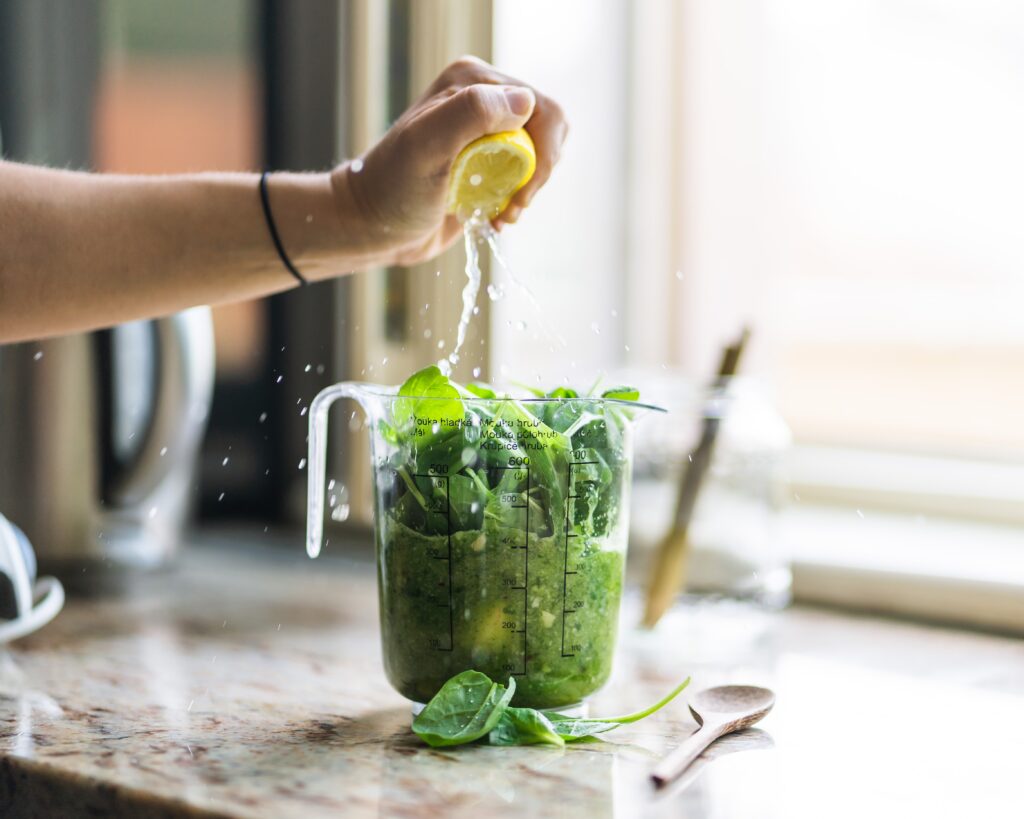
A healthy lifestyle aids in your healing journey and recovery from depression.
I know it can be hard to eat healthy food options when you all want to reach for a chocolate bar when you feel sad.
Healthy eating, however, will aid in your healing faster than eating non-healthy options daily.
I like to make myself green juice; it’s quick and easy and a great way to get healthy options into my body. Here is more information on green juices: (https://reneespeaking.com/best-juice-for-mental-health-green-juice-and-its-amazing-benefits-for-your-mind).
6. Challenge Negative Thoughts
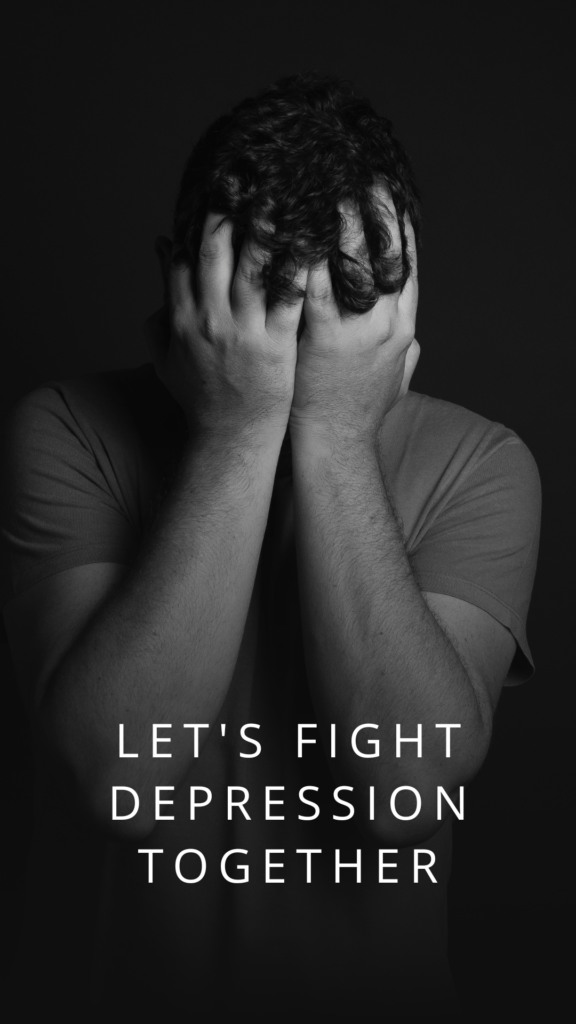
Depression makes you think negative thoughts constantly. When you get into a cycle of negative thinking, it can start to deteriorate your physical and mental health.
Start challenging these thoughts by recognising their impact on your mood and reframing them.
Replace negative thoughts with positive or neutral ones. Seek support from a therapist or counsellor who can guide you through cognitive-behavioural techniques to reshape your thinking.
7. Seek Professional Help
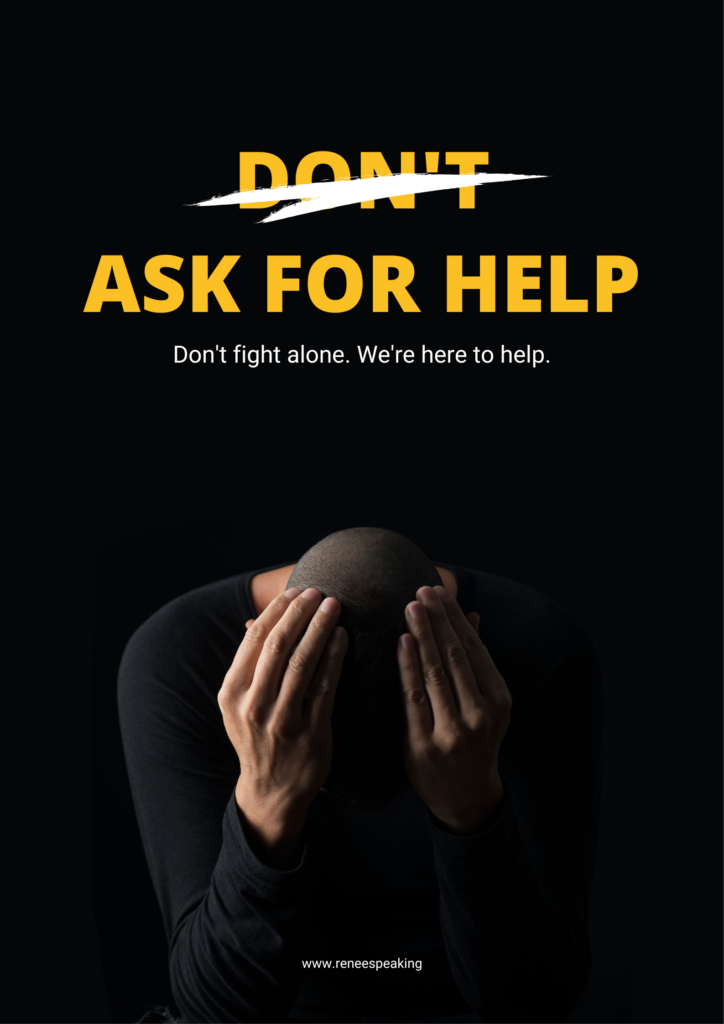
The Power of Seeing a Psychologist: Practical Steps for Coping with Depression
- Seeing a psychologist was a crucial step in my recovery journey. It provided me with practical daily steps to cope.
- Psychologists can offer insights and strategies you may have never considered. They can help create a new daily routine that will benefit you when you feel down about life.
- Psychologists can create mental health exercises to help you cope when you are stuck and don’t know what to do.
- Don’t hesitate to schedule an appointment with a licensed therapist or counsellor specialising in depression. They can offer personalised guidance and support that caters to your needs.
- Seeking professional help can make a significant difference in your journey toward recovery. Don’t underestimate a qualified professional’s impact on your overall well-being.
Final Thoughts
Remember, you are not alone in your struggle, and help and support are available. Reach out to your loved ones, seek professional guidance.
Here are some resources to help you cope with depression straight away:
Discover practical tips and strategies for coping with depression on Psychology Today – Coping with Depression.
Please note that while these coping strategies are beneficial, it’s important to consult with a healthcare professional or licensed therapist for advice.
For more information on coping with depression, visit Mayo Clinic https://www.mayoclinic.org
Find a list of free or low-cost mental health resources on the PsychCentral – Find Help page (USA) or Health Direct (Australia).
Remember, overcoming these challenges takes patience and endurance over time. Be kind to yourself throughout the process of healing.
The progress may come in small steps but don’t let that bother you. In the end, if yu apply these coping strategies for depression, hyou will be fast on your road to a healthy and happier you!

